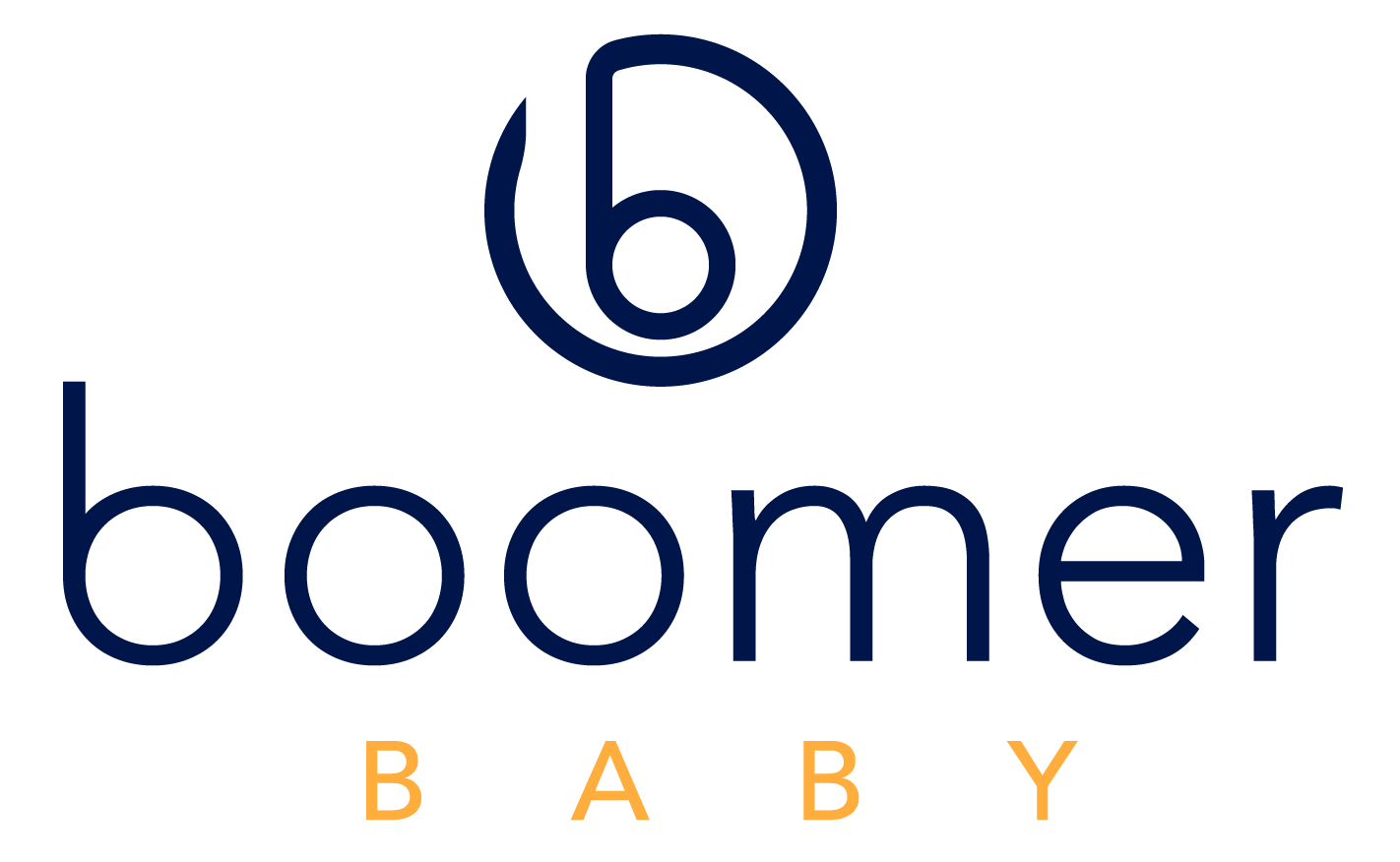
What is the Difference Between a PPO and an HMO?
Revised on October 21, 2024
Understanding HMO and PPO Health Insurance Plans
When it comes to selecting a health insurance plan, one of the first choices you’ll encounter is between an HMO (Health Maintenance Organization) and a PPO (Preferred Provider Organization). These two plan types are popular among individuals seeking comprehensive medical services. Understanding the differences between HMO and PPO can help you make the right decision for your healthcare needs.
What is an HMO Plan?
An HMO plan, or Health Maintenance Organization plan, requires you to choose a primary care physician (PCP) who becomes your main healthcare provider. This doctor coordinates all your medical services and provides referrals to specialists within the HMO network. Key features include:
- Network: HMO plans have a specific network of doctors and hospitals. You must use providers in this network to receive coverage for services.
- Referrals: To see a specialist, you need a referral from your PCP.
- Cost: Typically, HMO plans have lower monthly premiums and deductibles. However, they offer less flexibility when choosing providers outside the network.
What is a PPO Plan?
A PPO plan, or Preferred Provider Organization plan, offers more flexibility when it comes to choosing healthcare providers. With a PPO plan, you can see any doctor or specialist without a referral. Important aspects include:
- Network: PPO plans have a broader network of providers. You have the option to see doctors outside the PPO network, but it may result in higher out-of-pocket costs.
- Flexibility: No need for a PCP or referrals to see specialists, making it easier for plan members to access a wide range of medical services.
- Cost: PPO health insurance plans usually have higher monthly premiums and deductibles compared to HMOs.
Differences Between HMO and PPO Plans
When comparing HMO vs PPO plans, several differences stand out:
- Provider Network: HMO plans have a more limited provider network focused on in-network care, while PPOs offer a more extensive network with options for out-of-network care.
- Referrals and Primary Care: HMOs require a primary care physician and referrals for specialist care. PPOs do not require a PCP or referrals.
- Cost Structure: HMO plans generally have lower monthly premiums and deductibles. However, PPO plans provide greater flexibility at a higher cost.
Which Plan is Right for You?
Choosing between an HMO and a PPO plan depends on your personal healthcare needs and preferences. Consider the following factors:
- Do you already have a doctor or healthcare provider you prefer?
- How important is it for you to have flexibility in choosing specialists?
- Are you willing to pay higher premiums for more comprehensive coverage?
If you prefer a structured healthcare plan with a PCP coordinating your care, an HMO may suit you. If flexibility and a broader range of provider options are important, a PPO might be the better choice.
Medicare Coverage and Plan Types
For those eligible for Medicare, understanding Original Medicare and Medicare Advantage Plans is crucial. Medicare Advantage Plans often include HMO or PPO plan types, offering additional benefits and provider networks. Consider how these plans differ to determine which aligns with your Medicare coverage needs.
We’re Here to Help
If you have Medicare questions or need assistance in choosing the right plan, BoomerBaby is here to help. Our team is dedicated to providing the best health insurance solutions for you. Call us today at 1 (800) 903-8044 to speak with a knowledgeable representative. With locations in Mill Valley, California; Bend, Oregon; Santa Ana, California; Sun Valley, Idaho; and Boulder, Colorado, we’re ready to assist you in finding the perfect plan.
